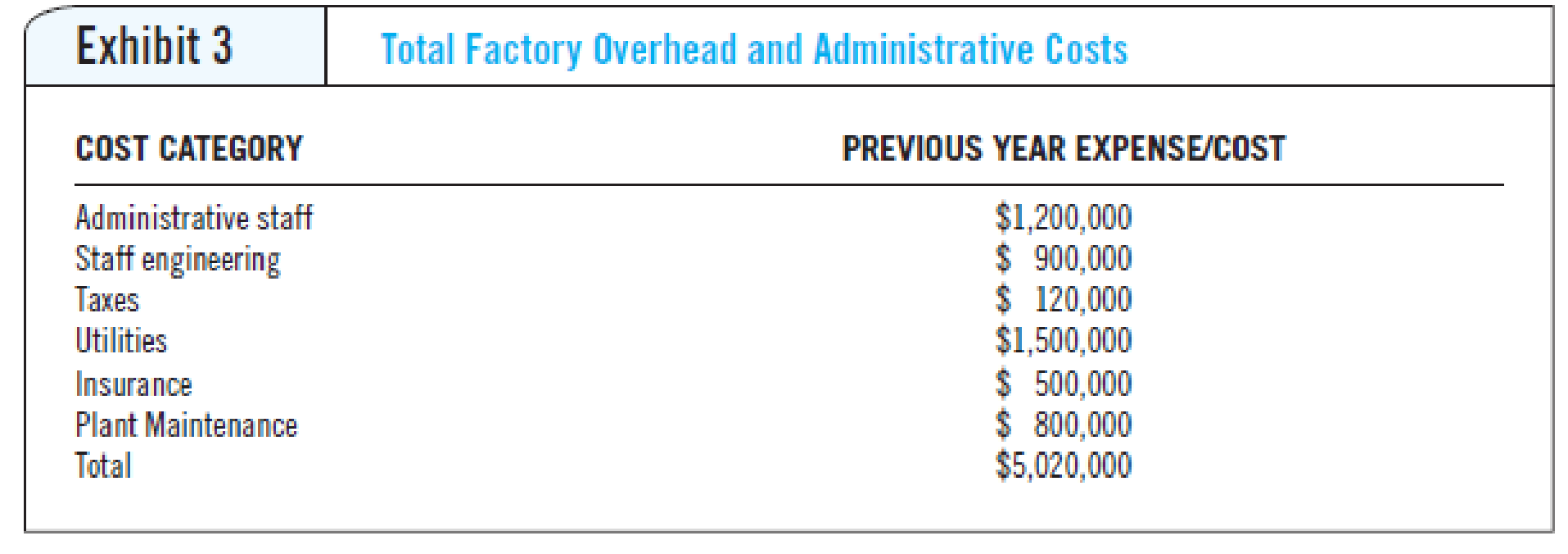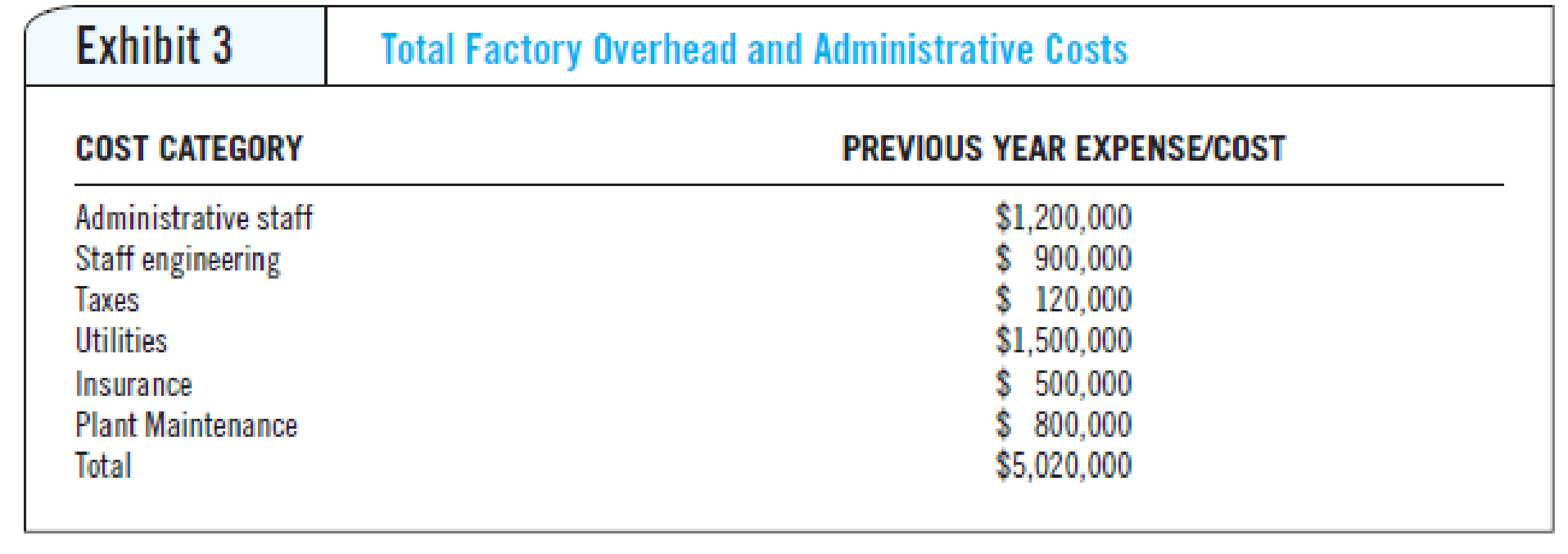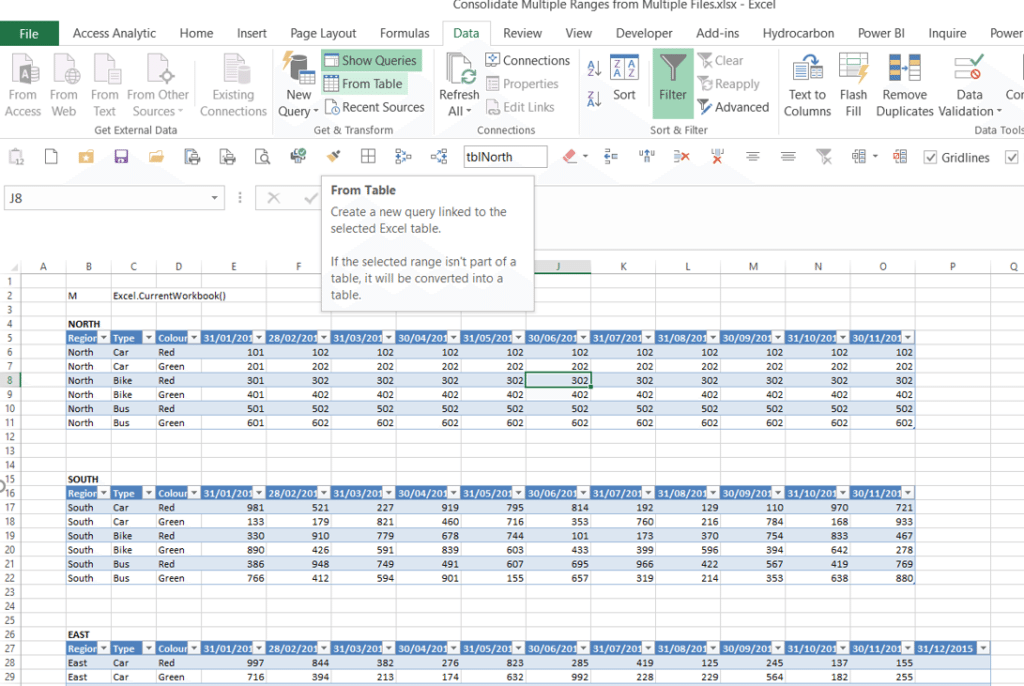Full-time employment often comes with benefits that are not typically offered to part-time, temporary, or flexible workers, such as annual leave, sick leave, and health insurance. However, legislation exists to stop employers from discriminating against part-time workers so this should not be a factor when making decisions on career advancement. They generally pay more than part-time jobs per hour, and this is similarly discriminatory if the pay decision is based on part-time status as a primary factor. The Fair Labor Standards Act does not define full-time employment or part-time employment.
The definition by the employer can vary and is generally published in a company's Employee Handbook. Companies commonly require from 32 to 40 hours per week to be defined as full-time and therefore eligible for benefits. How an employee is paid depends on if the employee is non-exempt or exempt from minimum wage and/or overtime pay. The minimum wage and overtime pay are based on the hours worked each workweek and not by the number of hours worked each day or by the number of days worked regardless of the length of the pay period. Workers in New Jersey might wonder how many hours they need to work in a week to be considered to be full-time workers. The Fair Labor Standards Act does not provide any laws that define full-time work.
Instead, this determination depends on each company's policy and practices other than the requirements of the Affordable Care Act. The employment lawyers at Swartz Swidler can explain the industry standards in New Jersey and how they apply to full-time employees. Traditionally, employees who work 40 hours per week are considered to be full-time workers. However, many employers designate employees who work fewer hours as full-time workers. Companies determine the number of hours per week that are considered to be full-time. Full-time workers are likelier to receive benefits such as health insurance, sick pay and vacation time, and employer-provided retirement plans that part-time workers do not receive.
Employers are not required to provide benefits to workers beyond those that are mandated by the law. If a company has 50 or more full time employees, they are required under federal law to provide certain health insurance benefits to each of their full time employees. For these purposes, federal law is paramount, and you are considered full time at 30 hours a week or more. Employers who misclassify employees in order to avoid providing benefits are subject to serious penalties. Outside of this consideration and a few others, state employment law sets the rules. A.Neither state nor federal wage and hour laws require an employer to provide a break or a meal period.
(State law does require rest breaks for children under the age of 16 employed in the entertainment industry.) Rest periods for short duration, usually 20 minutes or less, are common in industry and promote efficiency. State and federal minimum wage and overtime laws require that these short periods be counted as hours worked and that covered employees be paid for the time. Bona fide meal periods generally need not be compensated as work time. The employee, however, must be completely relieved of duty during this time. If the employee is required to perform any duties, whether active or inactive, while eating, the meal period must be compensated as work time. Full-time employees who stay with your company for at least 12 months aren't the only ones that might need an hourly breakdown.
Some companies have full-time temporary or seasonal jobs, such as an accountant who hires additional workers to help during tax season. Other companies might have part-time workers who occasionally work full-time hours, such as getting 40 hours per week when filling in for sick employees. Depending on the reason you're calculating the hours, you might need to include these other forms of full-time hours as well. The rules are the same for a large corporation or a small mom-and-pop business. C. Wage and Hour Act nor the federal Fair Labor Standards Act limit the amount of hours that an employee 18 years of age or older can be required to work either by the day, week, or number of days in a row. There are no limitations on how many hours an adult employee can be required to work regardless whether they are a salaried-exempt employee or a non-exempt employee.
The employer is only required to pay time and one-half overtime pay based on an employee's regular rate of pay for all hours worked in excess of 40 in a workweek to its non-exempt employees. There is no limit on the number of hours the adult employee may be required to work. Being paid a salary does not exempt an employee from the minimum wage and/or overtime pay requirements.
The main categories to be a salaried-exempt employee are for executive employees, administrative employees, and professional employees who meet certain requirements. One of the general requirements is that the salaried-exempt employee must be paid a guaranteed salary of at least $684 a workweek , which would also be the promised rate of pay for the employee. It then does not matter how many hours the salaried-exempt employee works in a workweek as the guaranteed salary is pay for all hours worked in a workweek regardless of the number of hours worked.
For more details on the requirements for an employee to be a salaried-exempt employee, please review the Code of Federal Regulations 541, which the N.C. Certain states and local jurisdictions require employers to provide paid sick leave to employees. These laws typically require the employee to work in the jurisdiction for a minimum number of hours to be eligible for sick leave. In most cases, the threshold is set low enough that many part-time employees satisfy this requirement.
Generally, an FTE is a way to express a part-time workforce in terms of full-time employment. This calculation is sometimes done by taking the number of total hours worked by all part-time employees and dividing by the number of hours that are considered to be a full-time schedule. For example, if an employer has 10 employees who work 20 hours per week and considers 40 hours a full-time schedule, this would equate to 5 FTEs. Keep in my mind that some laws, including the ACA, require employers to use specific calculations to determine the number of FTEs. The ACA requires that employers add all the hours worked by part-time employees in a month and divide by 120.
Except for delayed implementation of new minimum wage rates, the Minimum Wage Act makes no distinction between full-time, part-time and temporary employees. Some employers who provide benefits to full time workers may not provide the same benefits to their part-time or temporary employees. If you are not a full-time employee and you want to know if you are entitled to benefits, you will need to discuss this with your employer. An employer should have set guidelines to establish who qualifies for benefits and who does not.
For information on delayed implementation of the new minimum wage rates for smaller employers, you should click here for complete details on Pennsylvania's new minimum wage requirements. The definitions of full-time and part-time can vary depending on law and policy. Most employers determine full-time status based on business needs and typically consider an employee to be full-time if they work anywhere from 32 to 40 or more hours per week. However, certain laws define full-time differently, such as the Affordable Care Act , which considers full-time as working, on average, at least 30 hours per week. Regardless of your company's definition of full-time status, coverage under various employment laws is based on the definition provided in the law.
Part-time workers may occasionally end up working overtime, or more than 40 hours, in a week. This might happen when a business is at the height of its busiest season, a full-time employee is unable to work, or some other circumstance changes. Part-time worker overtime is governed by the FLSA rules on exempt and non-exempt employees. Most likely you will be required to pay a part-time worker overtime, but be sure to review the rules. Employers decide how many hours per week is full-time and part-time, and what the differences will be. Part-time employees are usually offered limited benefits and health care.
For example, a part-time employee may not be eligible for paid time off, healthcare coverage, or paid sick leave. According to the Fair Labor Standards Act , employees who work more than 40 hours per week and aren't salaried must be paid time-and-a-half for every hour worked over 40 hours. Some employers consider employees that work at least 35 hours per week to be full-time workers and offer overtime pay for every hour worked past 35. However, salaried workers aren't always entitled to more money for working more than 40 hours-per-week. Casual employees have no guaranteed hours of work and aren't entitled to paid sick leave or annual leave.
They are entitled to a higher hourly pay rate (called 'casual loading') than equivalent part-time or full-time employees because they don't get benefits like paid sick leave or annual leave. Unlike full-time or part-time employees, casual employees can end their employment without notice unless a notice period is stipulated by an award or employment contract. This means that part time workers may not get overtime pay until they have worked over the normal hours of a full time worker as established by custom and practice in that workplace. In truth, there is no legal definition of full-time employment; this depends on your employer and company policy. The only exception is that which falls under the Affordable Care Act for health coverage purposes. With the introduction of the Affordable Care Act , the definition of a full-time employee has been prescribed as a worker who spends an average of 30 or more hours per week on the job.
Employers with 50 or more employees are required to offer health care to full-time employees under the ACA. A.An employer has to pay overtime (one and one-half times the regular rate of pay) to non-exempt employees for all hours actually worked in excess of 40 hours in a workweek. This means that you may work more than 8 hours in a day or work more than a regularly scheduled shift, and still not exceed 40 hours of actual work in a workweek.
If your employer pays you for hours not actually worked, such as for a holiday or a sick day, then those hours do not count as hours actually worked for the purpose of state and federal overtime law. If a collective bargaining agreement, or union contract covers an employee, that agreement will typically provide some protection against arbitrary termination. Federal law provides some protection in the areas of garnishment and wage withholding. The federal Family and Medical Leave Act provides certain employees with up to 12 weeks of unpaid, job-protected leave per year for certain family and medical reasons.
State law may also provide a legal remedy when an employee has relied on a written promise that he will be terminated only for cause or for good reason, and was subsequently terminated arbitrarily. Additionally, state law may provide protection where an employee is fired in violation of a clear public policy. This would include employees discharged for such things as refusing to break the law; serving on jury duty; obeying a subpoena; or reporting a suspected violation of state or federal law.
There is no minimum or maximum number of hours for full-time employees under NC labor laws. Your employment agreement or company policies may have rules specific to your workplace or position. There is no legally defined number of hours for full time employment, where individual employers can decide how many hours per week are to be considered full time. The hours that workers are expected to work will usually be set out in the company working hours policy and/or within individual contracts of employment.
The Fair Labor Standards Act states that any work over 40 hours in a 168 hour period is counted as overtime, since the average American work week is 40 hours - that's eight hours per day for five days a week. However, many employees work unusual shifts and go above and beyond this standard, putting in more than the average 40 hours. These are a few things you should know about hours and overtime labor laws. There is no Pennsylvania labor law which requires an employer to pay an employee not to work. Benefits like sick leave, vacation pay and severance pay are payments to an employee not to be at work.
Therefore, an employer only has to pay these benefits if the employer has a policy to pay such benefits or a contract with you to pay these benefits. There may also be federal requirements governing leave that has to be provided under the Americans with Disabilities Act and Family Medical Leave Act. There may be additional requirements for certain persons within the City of Philadelphia. You can find information on the City of Philadelphia city government website. The Pennsylvania Department of Labor & Industry does not enforce city ordinances. Full-time hourly workers can receive overtime pay for workweeks exceeding 40 hours.
There are no hours per shift requirement that impacts overtime pay under current labor laws. In the state of Florida, there is actually no legally mandated meaning of these terms. Laws that deal with part-time or full-time workers typically do so by specifying how many hours an employee must work to be covered by the corresponding legislation. Because employers must adhere to benefit requirements such as health care, the Internal Revenue Service serves as a primary guide for the minimum requirements of full-time status. If an employee works, on average, more than 30 hours per week or more than 130 hours per month, this is considered full-time by IRS guidelines.
Understanding what constitutes a full-time employee has ramifications on an employee's eligibility for various company benefits. There is a lot of confusion about what constitutes full-time employment because the Department of Labor doesn't specify the number of hours required. The Internal Revenue Service only offers a guideline for specific programs such as health care. In general, 30 or more hours is considered full-time employment, but this is contingent on company and state policy. The number of hours worked in a particular week determines whether an employee is entitled to overtime pay, not whether they are considered full-time or part-time.
Under federal law, overtime is due whenever a non-exempt employee works more than 40 hours in a workweek. A few states also require overtime when employees work more than a certain number of hours in a workday, among other situations. Part-time workers are not typically afforded the same health and retirement plans as full-time workers. They are entitled to a minimum wage and should be provided meal periods and rest breaks relative to the length of their shift. The Affordable Care Act includes a mandate for employers with more than 50 full-time employees, which means they may have to pay a fine if they don't offer minimum essential coverage. However, smaller companies are not subject to this mandate and may choose not to offer healthcare coverage.
Additionally, seasonal workers and those who work 40 hours for only a limited amount of time each year may not be eligible for benefits. Putting a minimum on full-time work results, as we saw earlier, in the possibility for exploitation. Exceptions exist, but the protections offered by this rule are substantial. Many factors influence the culture of overwork in the U.S., but some factors have more influence than others.
The United States government made the choice to tie offerings of health insurance to full-time employment under the Affordable Care Act for companies with 50 or more full-time employees. For many years before that, it was already expected that qualifying for benefits happened at a full-time level, so such a ruling was in many ways a long time coming and actually was intended to protect workers. A couple of simple ways can be used to determine how many hours a full-time employee worked in a year.
If you pay by the hour, check time sheets or time-clock cards and add the total number of hours worked per week to find the annual total. For salaried employees, multiply the number of hours per week you consider full-time, such as 40 or 37.5, by the number of weeks your employee worked. Don't count days off such as holidays, sick leave or vacation time if you're looking for the total hours worked.
Include the time off only if your goal is to find how many hours you paid the employee for instead of how many hours he actually worked. Full-time employees can be paid by the hour or on salary, which means they get the same amount of pay each week. Calculating the number of hours worked by each of your full-time employees helps you figure some of your financial liability. For example, having the correct number of hours allows you to assign an hourly wage to an employee that includes the cost of benefits such as health insurance and free parking. After adding an employee's pay and the cost of his benefits together, you can divide that by the number of hours worked to see how much it costs you per hour to employ that person.
Or, you might need to know how many hours were worked by all your employees combined to help set productivity goals. To do this, you must first know how many hours each employee worked. Are part-time employees entitled to the same benefits and break periods as full-time employees?
Below we answer these and other frequently asked questions about part-time employees. Even though laws are loose and nebulous, misclassification of workers can cause many legal problems for employers. Companies that offer things like paid-time off, health care, and pension must be careful to be consistent in how they dole out these benefits to avoid accusations of discrimination or unfair labor practices.




























